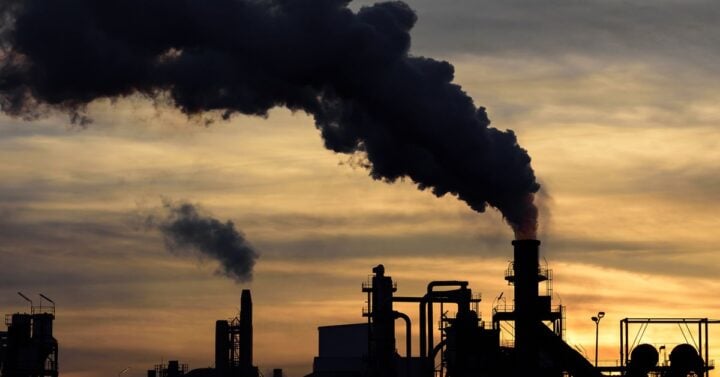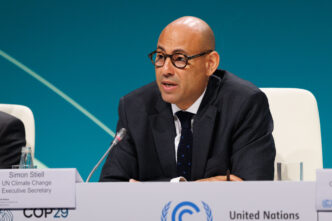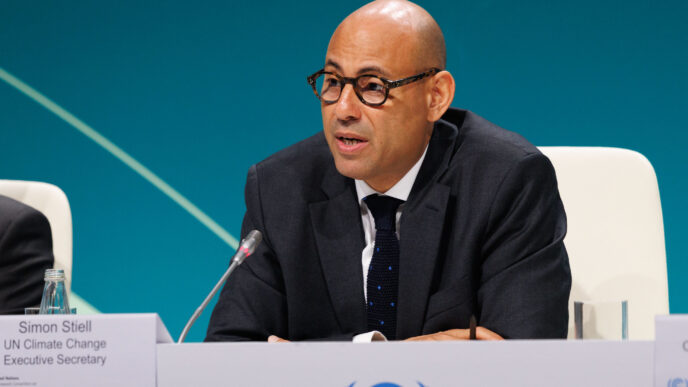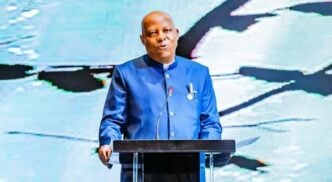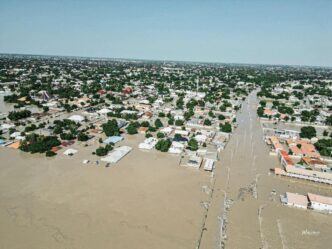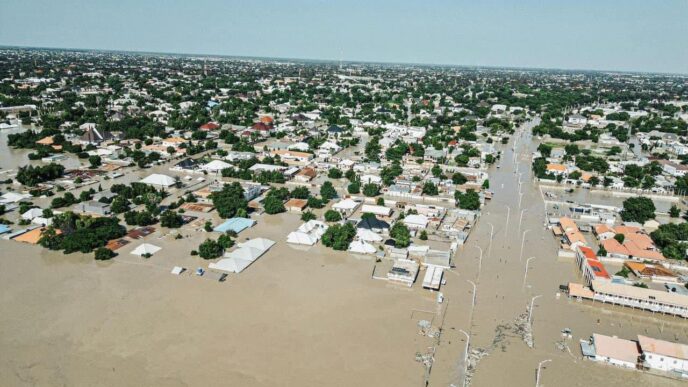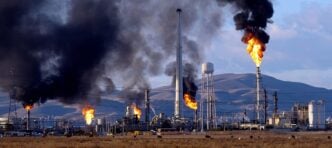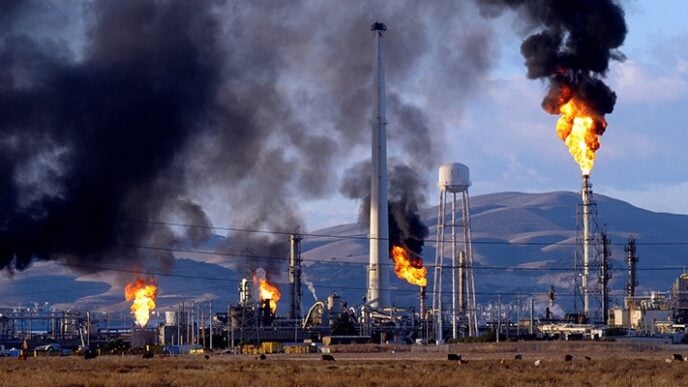Empty plastic bottles
Climate change directly affects our communities, health, and livelihoods.
Yet, media coverage often prioritises politics and business over climate-related stories, leaving crucial environment news under-reported.
Climate Watch seeks to bridge this information gap, ensuring that important climate change stories and mitigation efforts stay on your radar.
Here is a round up of last week’s climate stories:
Advertisement
- The Adamawa government has signed a Memorandum of Understanding (MoU) with the World Bank for the construction of a recycling plant in Yola, the state capital. NAN reports that Muhammed Muhammad, the state’s commissioner for environment and natural resources development, spoke to journalists on June 20.He said the project is part of ongoing efforts to tackle plastic pollution and improve environmental health in the state.“We have concluded plans to install a recycling plant that will harvest plastic waste across the state and convert it into useful products,” he said.
“Some of the items to be recycled include chairs, beds, and interlock tiles, among others.”
Muhammad also said the state government has asked beverage producers, including Adamawa Beverages and Coca-Cola, to use paper-based packaging as a sustainable alternative to plastic.
“We are encouraging manufacturers to shift from plastic to eco-friendly materials in order to reduce environmental impact,” he said.
AdvertisementHe added that the state has begun registering and regulating waste management operators to promote safe and proper waste disposal practices.
Muhammad also warned against the use of children in waste collection and recycling activities, noting that the government will not tolerate child labour in the sector.
-
Simon Stiell, executive secretary of the United Nations Framework Convention on Climate Change (UNFCCC), says the 1.5°C global warming limit is still achievable, but with faster implementation. Speaking at the opening of the UN June climate meetings in Bonn, Germany, Stiell noted that although multilateral efforts have helped shift projected global warming from 5°C to about 3°C, efforts were still not enough. The UN climate chief called on countries to make progress on the outcomes of the first global stocktake at Bonn. Read more here.
-
A report by Power Shift Africa, a climate think tank, has warned that carbon market schemes can unleash up to 2.5 gigatonnes of new emissions into the atmosphere annually. The report said emissions from carbon markets could exceed the combined total of Africa’s current fossil fuel and agricultural emissions. It called for alternative funding mechanisms such as debt cancellation, climate reparations, tax justice, and public investment in community-led renewable energy and agro-ecological farming systems. Read more here.
-
Power Shift Africa (PSA) says the continent could save up to $5 trillion by transitioning to fully renewable energy sources by 2050. The report titled ‘African Energy Leadership: The Case for 100% Renewable Energy’, argues that a 100 percent renewable energy future for Africa is not only achievable but also the cheapest, healthiest, and most equitable path for the continent’s development. Find out more here.
Advertisement - The Sustainable Research and Action for Environmental Development (SRADev) has urged the media and civil society organisations (CSOs) to lead Nigeria’s transition from ozone-depleting substances (ODS) to climate-friendly cooling alternatives. Leslie Adogame, executive director of SRADev, said the media and CSOs play a vital role in bridging Nigeria’s awareness gap on climate-harming refrigerants and accelerating the implementation of environmental commitments. Read more here.

